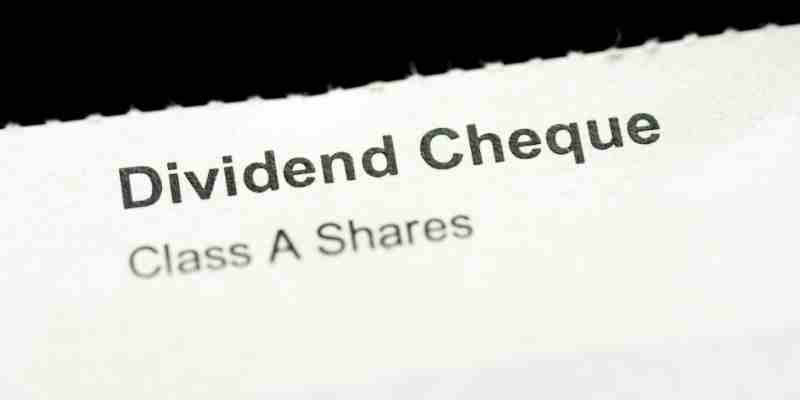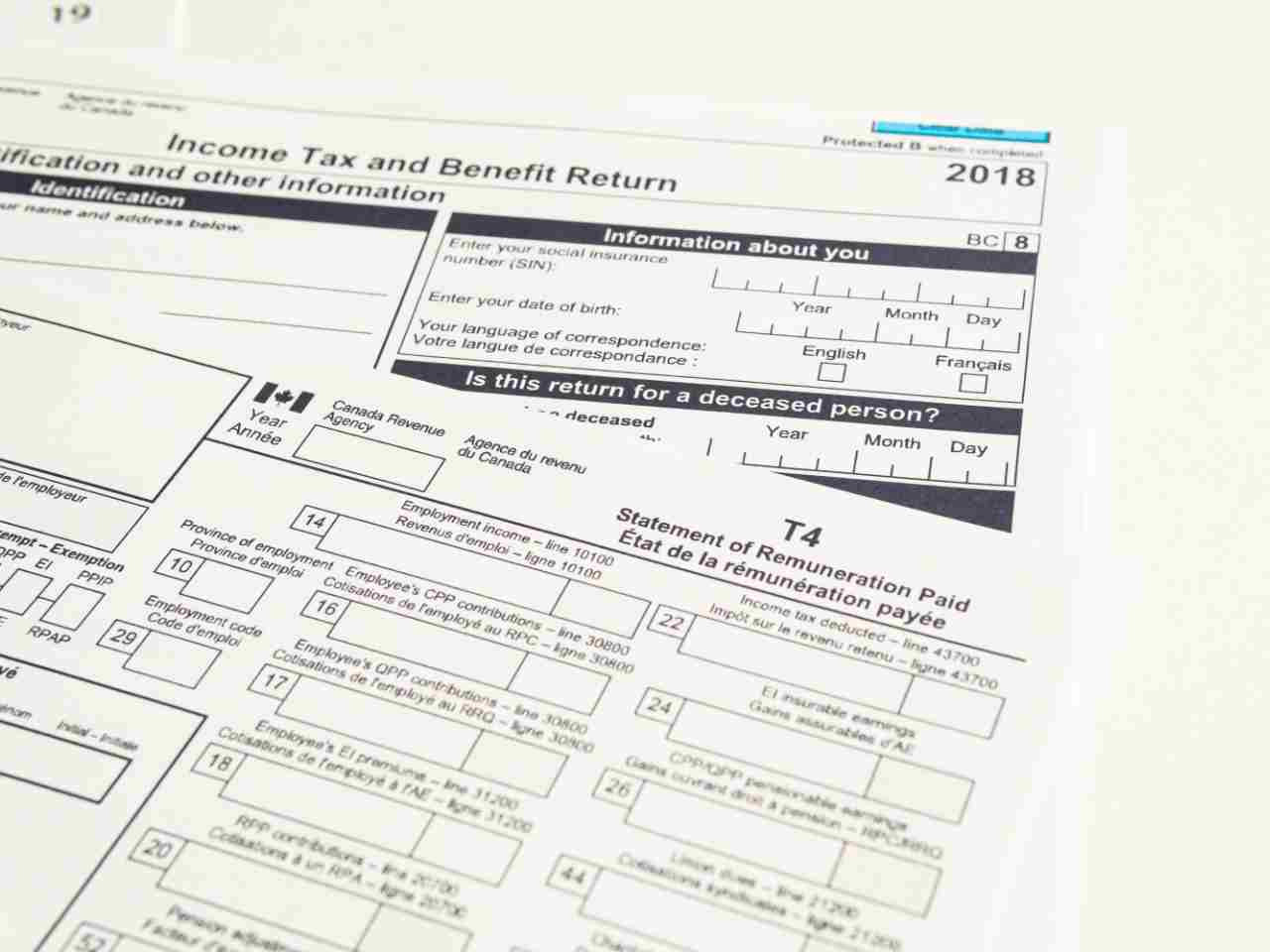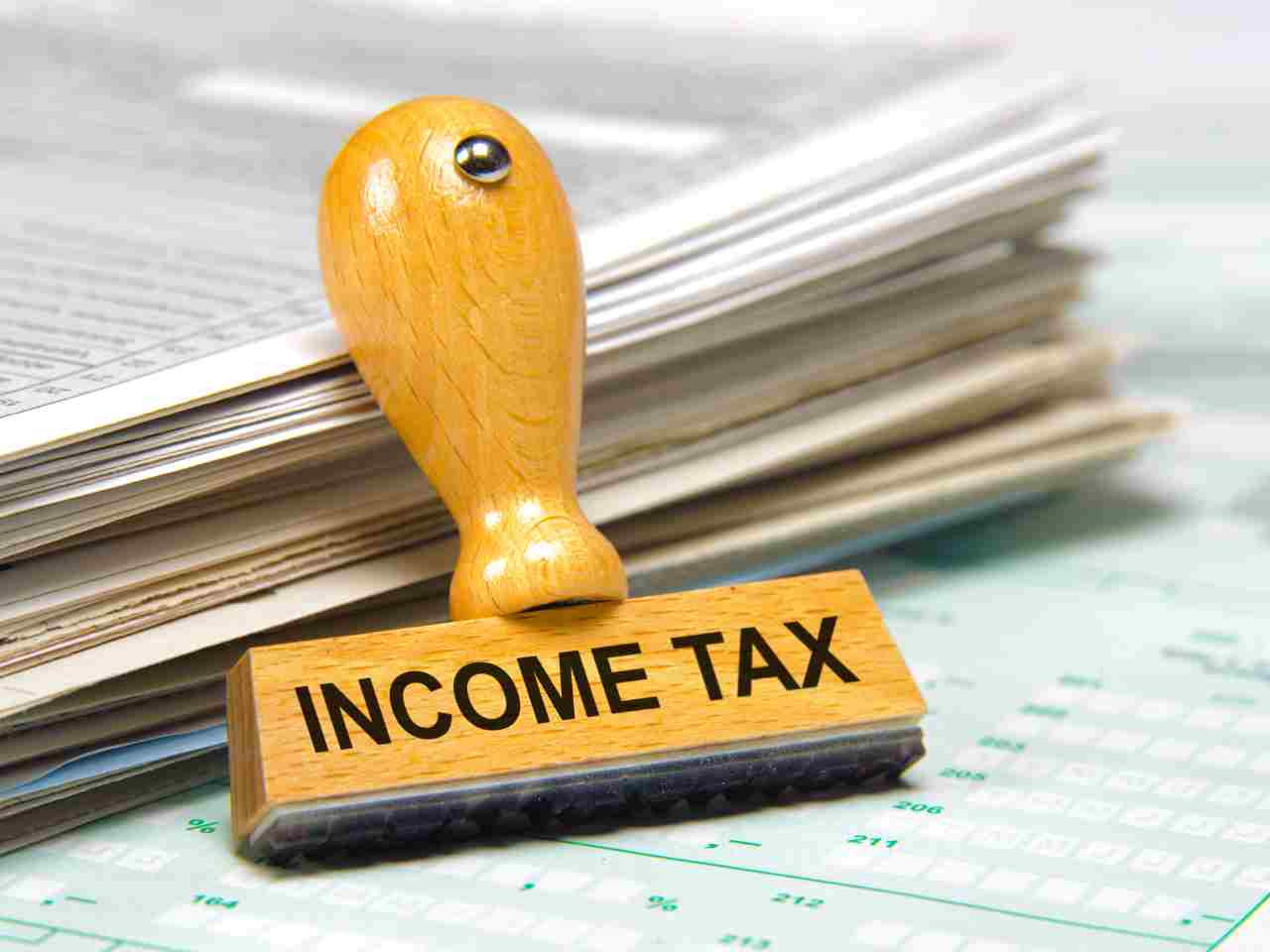In Canada, a Personal Services Business (PSB) is a type of business that the Canada Revenue Agency (CRA) designates under certain conditions. The rules governing PSBs are stringent, and the tax treatment of a PSB is less favorable compared to other types of corporations. Here’s an overview of what constitutes a PSB and its implications:
Tips & Advice
We are pleased to provide a variety of resources on accounting, taxation and other related subjects that we hope will be helpful to both individuals and businesses. Read through our blog posts below or browse through our Quick Tools resource menu. Have a question that isn’t answered here? We can help. Simply contact us by email or give us a call at 807-276-6272. We would be happy to meet with you for a free, no-obligation consultation.
Disclaimer:
The content provided in this blog is for general informational purposes only and is not intended as professional accounting, tax, or financial advice. While efforts are made to ensure the accuracy and timeliness of the content, errors or omissions may occur. The content does not constitute a client-advisor relationship. Readers should consult with a Chartered Professional Accountants or other financial professional for advice tailored to their specific needs. We are not liable for any actions one might take based on the information provided in this blog.
Are There Tax Benefits for Couples in Canada?
Curious about the tax advantages that come with getting married or living in a common law relationship? In Canada, there are indeed significant tax perks for couples. The following will begin to outline them.
In Canada, gifts from an employer can be considered taxable benefits in certain circumstances. The taxation of employer-provided gifts depends on several factors, including the nature and value of the gift, the frequency of such gifts, and the specific rules set by the Canada Revenue Agency (CRA).
Would you call yourself a procrastinator? If so, you’re not alone, and with our to-do-lists growing daily, the percentage of people who procrastinate chronically has increased over the last few decades.
It’s the little things that add up to make an exceptional experience for your customers. Here are five “little things” you can add to your services to create an exponentially memorable connection with your customers.
Paying yourself as a small business owner is an important decision. Determining how you do it will be very important concerning finances and taxes.
What documentation should you include with your return and which records should you maintain? If filing electronically, retain all receipts and documents as the CRA may request them later. For paper filings, the information provided will specify necessary attachments like certificates, forms, schedules, or receipts. It's advisable to retain all receipts and documents for at least six years post-filing to accommodate potential CRA reviews.
As tax laws and regulations change, it's crucial to consult with a tax professional or check the latest resources for the most up-to-date information.
Here are some common steps individuals may take at the end of the tax year:
Shareholder loans refer to loans made by shareholders of a corporation to the corporation. The tax implications of such loans will vary depending on the jurisdiction, but usually, they are not considered taxable income to the shareholder.








